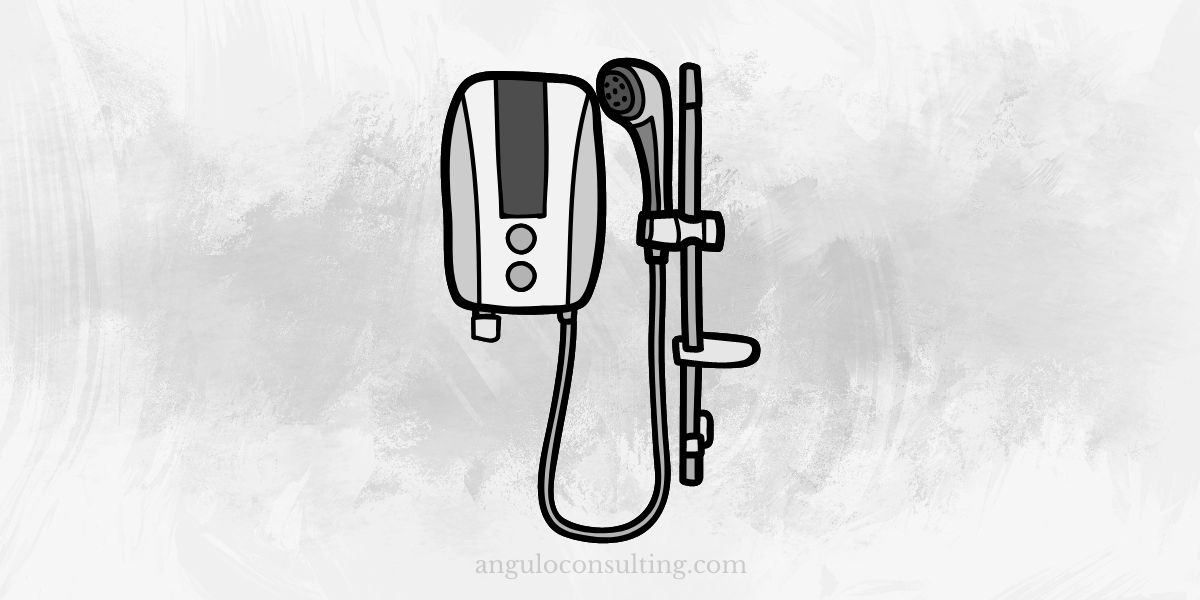
You use your hot water for myriad ménage tasks, from washing dishes and laundry to bathing. It’s essential to have a hot water heater that is over to the job of furnishing enough hot water for your family’s requirements. In addition to choosing from a variety of brands and models, you may be given the option of a tankless water heater. So how does the tankless interpretation differ from the traditional water heater designs that have been available for homes for over a century, and how do you know if one is suitable for your home? Talk to your technician about the pros and cons of your specific situation and consider what matters to you energy effectiveness, cost and yearly bills, hot water capacity, or other factors.
What Is a Tankless Water Heater?
Traditional water heaters keep a force of hot water in a force, the size of which can vary depending on your hot water requirements and the size of your home. Tankless water heaters, on the other hand, heat water on demand. They’ve long been further popular in Europe than in theU.S., but over the last many decades, more Americans have become interested in transitioning to tankless technology for their hot water requirements. Whether you can fluently upgrade to a state-of-the-art tankless unit may depend upon your structure’s pipe structure; aged structures in theU.S. may not be equipped for tankless water heating without a major plumbing overhaul.
Benefits of Going Tankless
While traditional units can run out of water if you decide to rain, do laundry, and run the dishwasher each at the same time, tankless water heaters are designed to give a constant force of hot water, but only when it’s called for. This eliminates the energy being used to keep water hot and ready24/7, which can lower your energy bills. Also, tankless units are much lower than their tanked counterparts, so they do not take up precious real estate in your home. Tankless units are available for use with gas and electric power, and your water heater technician can advise you on the suitable unit or units for your hot water requirements.
Cons to Consider
Tankless models are not applicable to all climates, particularly veritably cold areas. They also tend to bring further than their tanked counterparts, which means it could take you a while to recoup the redundant plutocrat in energy bill savings. The installation itself is also more precious, as you will need to find a technician who specializes in tankless technology. Retrofitting a structure with old plumbing for a brand-new tankless model only adds to the cost. However, it’s possible to do so without going tankless; speak to your water heater installation contractor about your options, If you want to upgrade your old water heater to a further energy-effective and effective model without spending a fortune. A professional, educated, and dependable technician should be honest with you about what is stylish for your home.
The moral of the story is that while tankless units use is on the rise– and for a good reason– there’s no bone
– size- fits- all results for every structure. You have to do your exploration and hire a plumber or water heater expert who’ll advise you on the stylish course of action for your requirements. Whether you go tankless or stick with a traditional unit, the end thing is to have enough hot water without breaking the bank, either originally or on yearly energy bills.